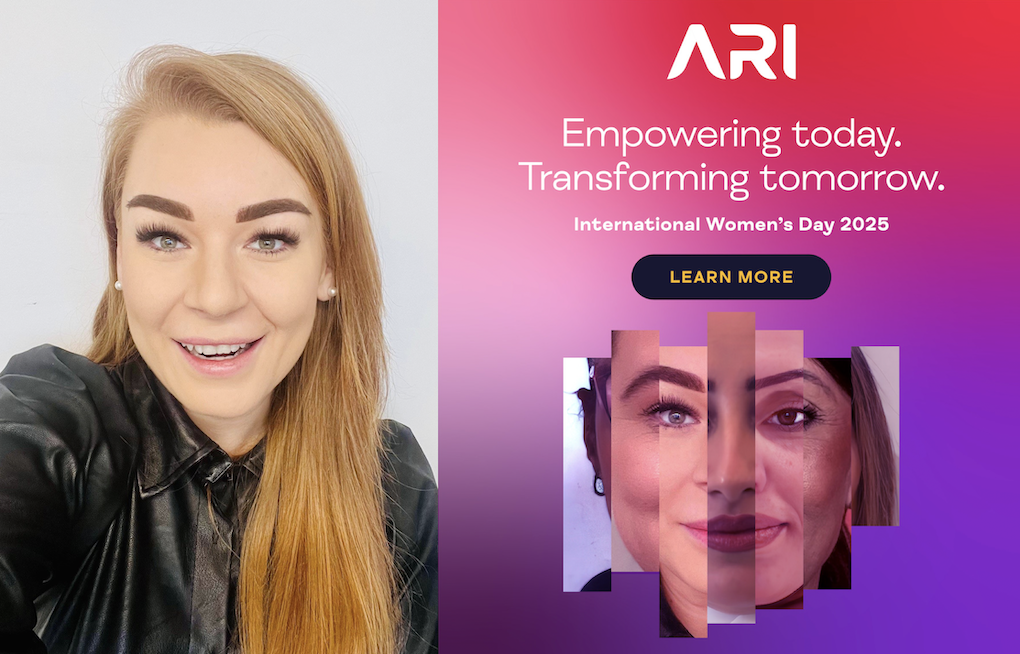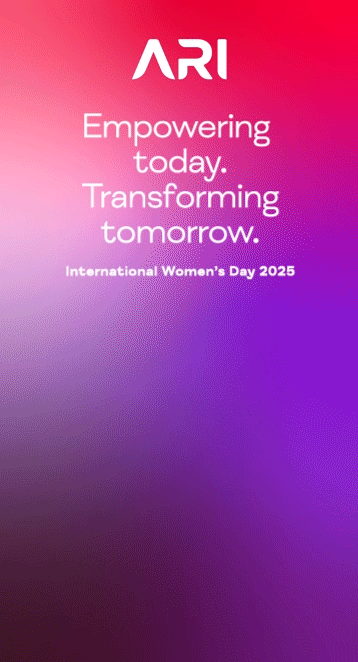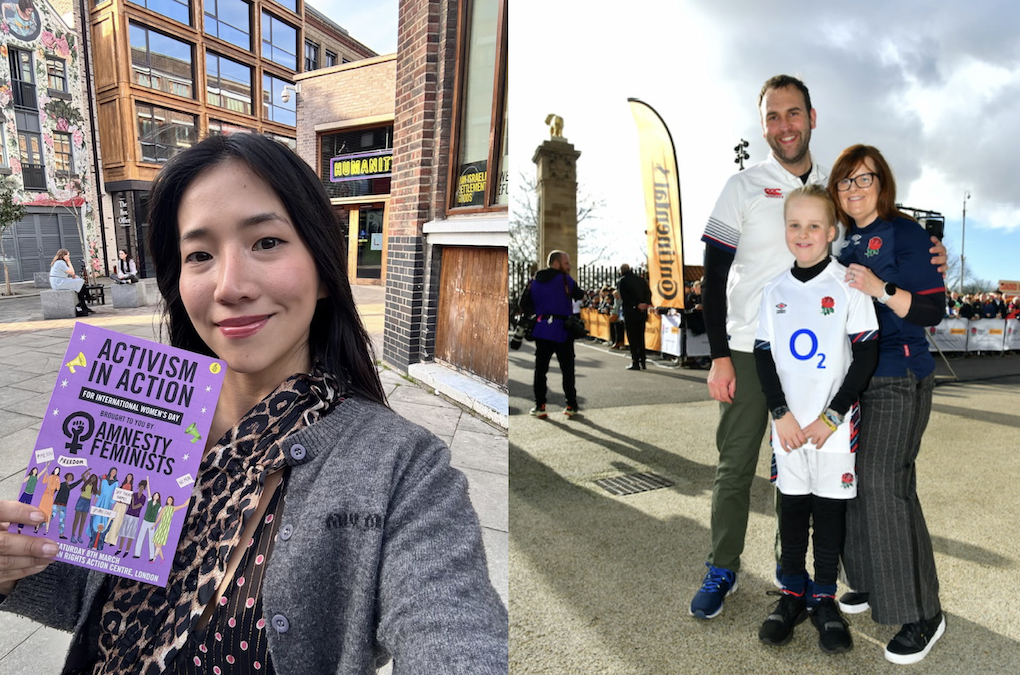Introduction: This International Women’s Day, Aer Rianta International (ARI) and The Moodie Davitt Report are proud to celebrate the achievements of women in travel retail and beyond. In line with this year’s theme Accelerate Action, we recognise the importance of moving beyond conversation to tangible change.
To mark the occasion, we spoke with five inspiring women leaders from across ARI’s global network. Each brings their own perspective on leadership, resilience and the role organisations must play in fostering inclusive workplaces.
Through these interviews, we highlight their stories, successes and visions for a future where opportunities are not defined by gender, but by talent, ambition and a shared commitment to progress.
Reflecting on the theme Accelerate Action, Portugal Duty Free Retail Director Sarah Farrelly discusses the steps needed to create meaningful change in gender equality and leadership. For her, success lies beyond statistics and requires genuine engagement with individuals.
She says: “This means looking at the individual people and teams in an organisation, rather than the gender equality percentage on the scorecard. In retail operations, we often see a higher proportion of women to men.
“Displaying this figure as a positive KPI is not enough to promote gender equality. Really engaging with your teams, understanding them and taking impactful actions to allow women to realise their potential will accelerate positive change in the equality space.”

Farrelly has witnessed the challenges women face in career progression firsthand. By recognising the self-doubt that often holds talented women back, she has actively championed mentorship as a catalyst for professional growth.
“Working with a global organisation means that I experience cultural nuances in terms of gender equality, particularly the promotion of women to leadership roles. I am lucky enough to have a fantastic, diverse group of colleagues with many incredible women working in the team.
“In a previous role, I could feel that some of my female colleagues had incredible competency for promotion but lacked self-belief,” she adds. “Recognising this, I coached my colleagues to look past insecurities and focus on their potential and skills. Encouraging my colleagues to be involved in Global Mentorship programmes not only gave them a mentor relationship but built their profiles within the organisation.”
Farrelly believes a shift in how talent is assessed could be instrumental in levelling the playing field. She explains: “It has been noted that women in business are judged primarily on proof of previous successes, whereas their male counterparts are judged more on their future potential.

“Assessments on both previous successes and future potential could be worked into performance and talent reviews, allowing for a more balanced view across the genders. I think this would transform the hiring process, aid succession plans and help to provide more opportunities for women to shine in the workplace.”
Mentorship has played a pivotal role in Farrelly’s own journey, offering invaluable lessons that extend beyond technical skills.
“As mentioned before, mentorship programmes are a vital part of developing leaders,” she explains. “My own mentor said today ‘If you can’t see it, you can’t be it’. She is affecting change in this space, promoting visibility of women in aviation and inspiring me to do the same.
“Technical skills can be learned from a book or a manual, but the learnings about people and leadership in my career, almost always, have come through a mentor.”
To ensure that diversity is not just a checkbox but an active driver of innovation and growth within teams, Farrelly believes that women should be given a fair shot at taking on high-impact projects and responsibilities.
“Providing opportunities for women to shine on difficult and challenging projects is crucial,” she says. “Organisations may fear changing old practices, giving the same tasks/projects to the same people, year on year, stating ‘It’s because they always do it well.’ Ensuring rotation of these projects and tasks promotes innovation, equality and allows others to show their skills.”
As organisations strive to accelerate progress, Farrelly’s insights serve as a powerful reminder that gender equality is not just about representation but about creating pathways for women to lead, innovate and thrive. ✈







